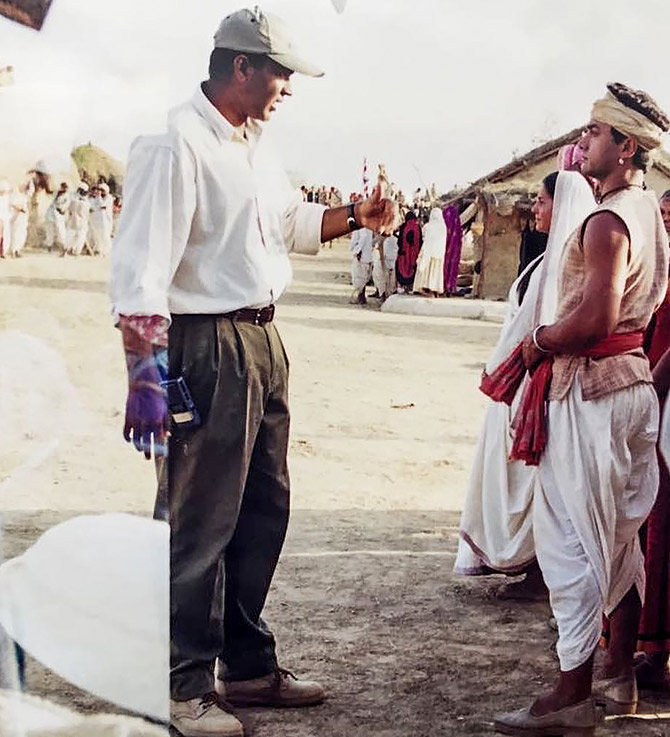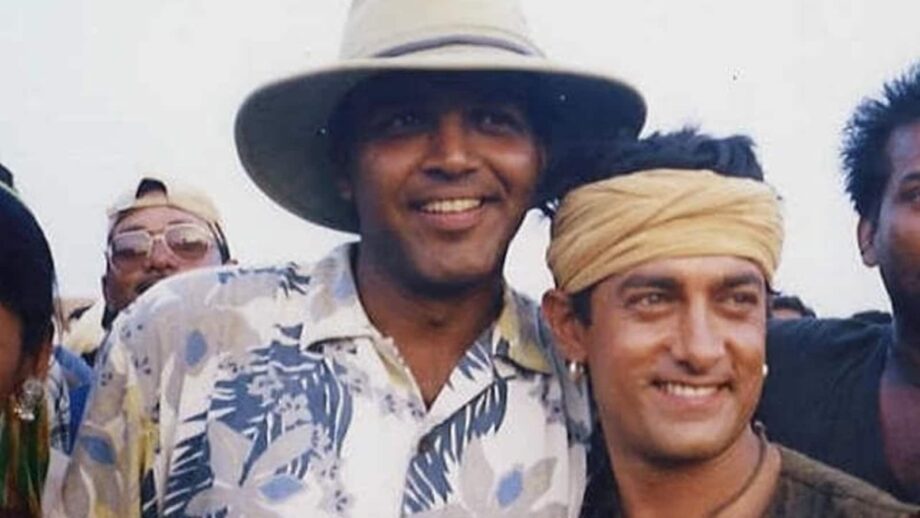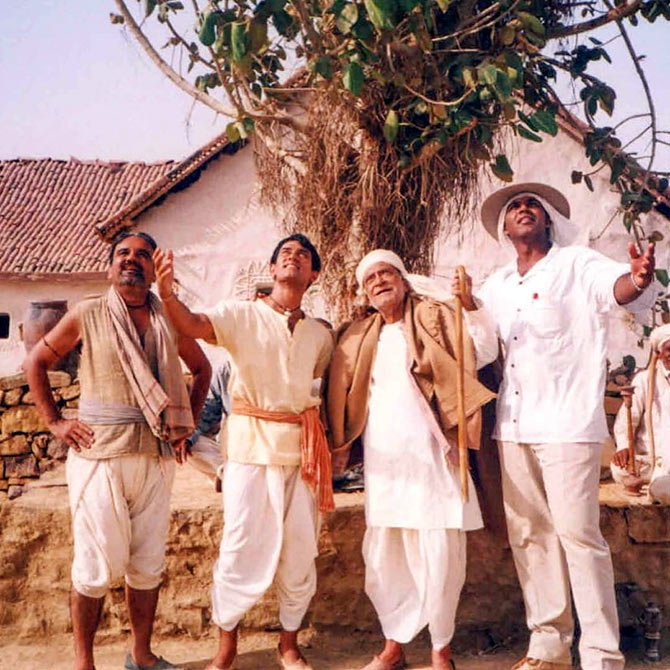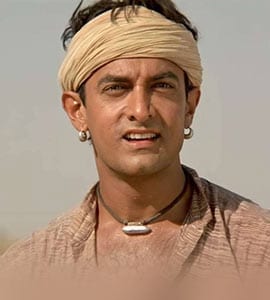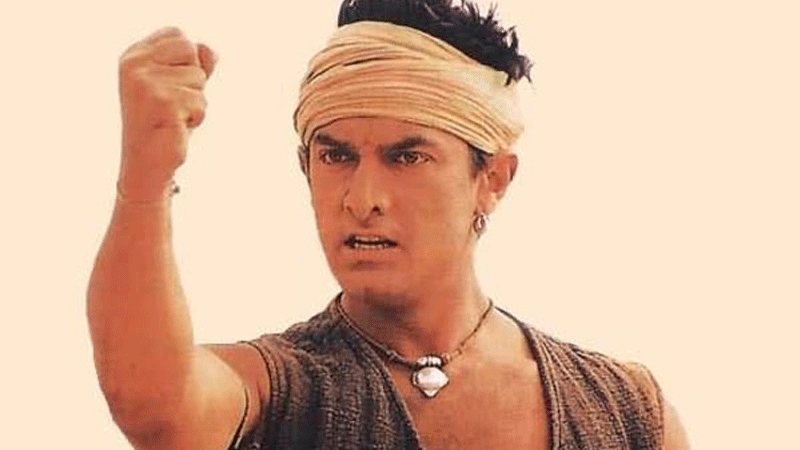Lagaan, directed by Aamir Khan, was released 20 years ago on June 15th. The film swept the country and even made the Oscars Foreign Language category shortlist. Lagaan has been described as a touching meditation on compassion and the triumph of the human spirit, as it is an excellent blend of the only two really pan-Indian phenomena — films and cricket. Khan and the film received numerous honors and acclaim.
Twenty years later, the memories are still clear in his mind as the actor, who later became a producer with Lagaan, discusses the hardships he faced while filming the movie. He also recalls opposing some of the industry’s best filmmakers and sticking to his own convictions while working on Lagaan, which had a profound impact on his life and career. The following are extracts from a conversation with one of the most talented and smart actor-filmmakers noted for his consistent performances and wise screenplay selection.
“Ashutosh and I had no clue when we were filming the film that it would become such a phenomenon that we would still be talking about it after 20 years. We were emotionally immersed in Ashutosh’s tale, and we were just trying to come up with a scenario that we could believe in. Nasir Hussain, my uncle (and director), used to remark, “It’s not that you make wonderful movies; it just occurs. And even if you are told to make it again, you will not be able to do so in the same way.” Everyone involved in the film… every actor, every technician, every crew member… was emotionally invested in the work that we were doing. That feeling comes up now and then. But, of course, Ashutosh deserves all of the credit for the film’s success. He was the principal writer, writing and directing the film, and he did an excellent job.” In an interview with FirstPost, Aamir Khan stated.
What is that one thing that has stayed with you from the Lagaan days?
It isn’t just one thing, though. Almost everything I’ve learned has remained with me. There are a lot of memories here. However, one aspect of the film that has stayed with me is the way Reena (Khan’s ex-wife) handled it. She was the film’s producer, yet she had no prior knowledge of movies. Despite the fact that she had been married to me for a long time, she had no interest in movies. She agreed when I told her I would need her assistance and that I wanted someone I could absolutely trust. Subhash Ghai and Manmohan Shetty, who used to operate a film lab, were among the people she met. She asked them to show her what is processing, printing, what is a lab process. She went and met producers, directors, technicians. She cracked it as if she was a veteran. It was remarkable the way she controlled everything.
Many people have asked me how sad I was when Lagaan was not nominated for an Oscar. Naturally, I was dissatisfied. It would have been nice if it had won. Many people also wanted to know what you could have done differently in Lagaan to help it win the Academy Award. Was it due to the songs, or because it was too long, or something else? Over the years, I’ve tried to tell folks something that I don’t believe they understand. Even being nominated for an Academy Award is a challenging task. Getting nominated indicates that your film has been loved by a large percentage of the foreign-language committee, over 90% of the time, out of the 70 to 80 films that are submitted each year, to the point where you are in the top five. In Los Angeles, they believe that if you are a nominee, you are all coming to the finish line at the same time, thus you are all equally good. Then one person is told to take one step forward such that one person wins, but the other four are only one step behind.
Second, unlike sports, getting Oscars for films is a very subjective process. Also, everyone knows what I think about awards. However, I place some weight in the Oscars because of the procedure they follow, as well as the fact that it provides a marketing window. Now that Lagaan has been nominated, a lot of people around the world are wondering, “What is the name of the film that was nominated? We’d like to see it.” It provides the possibility to expand your audience, which is how I viewed it. Finally, winning an award isn’t as significant to me as it once was. The audience is crucial to me since it is for whom we made the picture. And if they like it, there is no greater honor.
